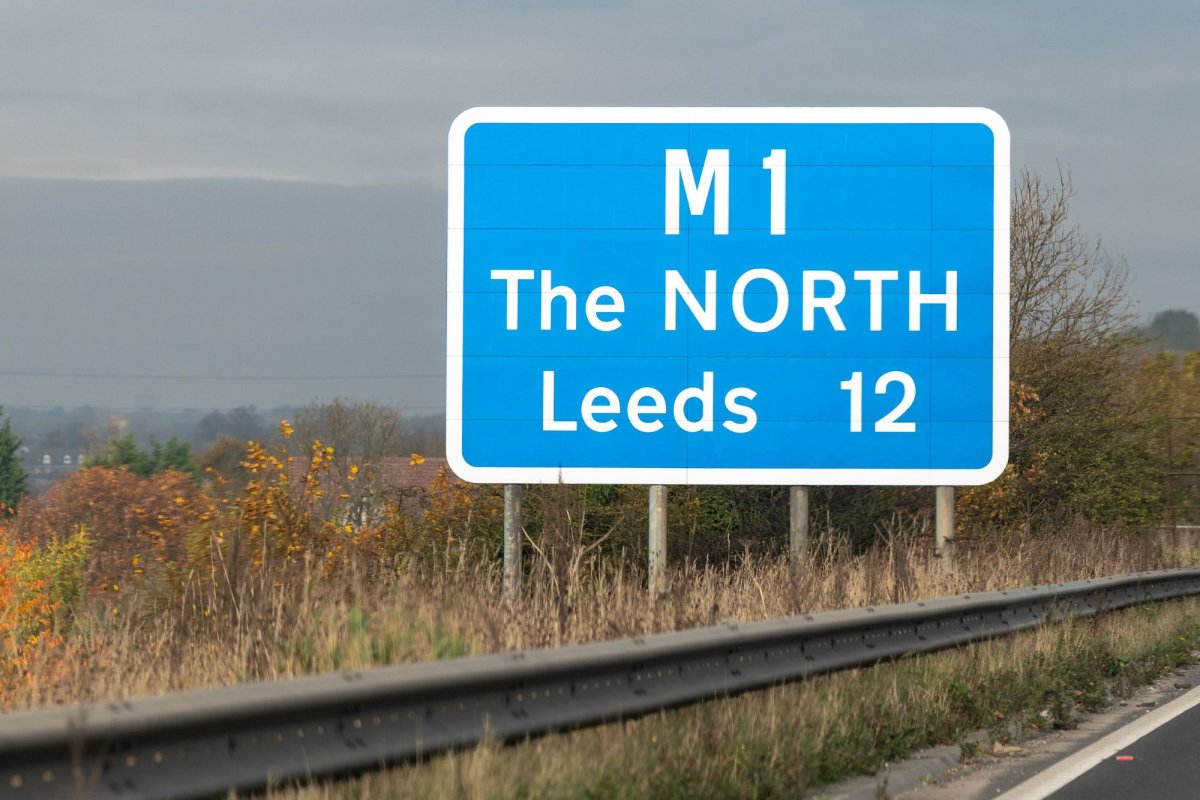
6 min read
Benedict Cooper looks at the thorny issue of how we can guarantee an equal share of the pie around the country
Holding the national purse strings firmly in one hand, His Majesty’s Treasury, with the other, shapes the nation.
The edicts, sums and theories devised in the grand old Treasury building, measured in public investment, are the mark of the nation’s priorities, and its estimation of value – of what, where and who is worth the cost.
If that is the case, there is a problem. The UK’s immense wealth, for a small island, is not being shared equally, and hasn’t been for a long time.
Take public spending on transport. The Treasury’s own figures reveal that in 2022/23, per capita spending on transport infrastructure in London – the region with by far the highest level per person – was £813, compared to £219 in the East Midlands – the lowest.
Or look at the bigger picture. In the same period, total capital expenditure per capita in London, again the highest, was £2,010, compared to a spend of £868 per head in the East Midlands – again, the lowest. Track both of these figures back for years, decades even, and the same unhealthy ratio applies.
Is a single Londoner worth the government investment of three people living in the East Midlands, which reports some of the lowest levels nationally in rankings of health, wealth, education and prosperity, and badly needs the boost? Does the Treasury value or even understand the regions? Is the system institutionally rigged in favour of the capital?
There’s been a view that you just keep expanding the already hot parts of the economy and that’s how you get more growth, more development
Based on historical Treasury expenditure, it’s easy to get that feeling.
For far too long, says Andrew Carter, chief executive of the Centre for Cities, and especially since the de-industrialisation of the UK economy, HMT has taken a paradoxical approach towards the regions – of taking from the poor and giving to the rich.
He says: “There’s been a view that essentially you just keep expanding the already hot parts of the economy and that’s how you get more growth, more development.
“So, crudely, if you keep investing in the South East and London then London will continue to grow and that creates an economic flywheel that has national benefits.”
If this has been the attitude with HMT, its major flaws are now plain to see.
As Marcus Johns, senior research fellow at IPPR North, says: “Our research has long shown that the UK is one of, if not the most, regionally unequal countries and much of that comes down to a lack of regional investment outside London and the South East.
“One of the reasons our regions are underperforming is the lack of investment at that top national level. We’ve been languishing at the bottom of the league tables, whether it’s the G7 or OECD, in both public and private investment.
“The way it’s been managed for too long has disadvantaged the regions.”
The arrival of a new government – elected primarily on the promise to right 14 years of economic mismanagement – is a reset; a moment of national reflection, on fundamental, chronic problems in our economy. But it is also a test.
Rachel Reeves’ first Budget contained a lot to suggest that historic regional disparities are at least on the agenda, with some promise of funds to back that claim up.
There’s the £35bn for national infrastructure development for a start, and the National Wealth Fund, “to unleash the full potential of our cities and regions”. There’s the £20bn of funds allocated to R&D projects, with those in Glasgow, Manchester and the West Midlands cited specifically in the Chancellor’s speech.
There is the promise of support for the regions in the form of a 10-year growth strategy to tackle “place-based constraints”, more money for Northern cross-country trains, and greater partnerships with combined mayoral authorities – who know their regions far better than HMT does – with more promised in the future English Devolution White Paper.
Ben Franklin, interim chief executive of the Centre for Progressive Policy, takes it as a sign that a more “mature conversation” about regional growth is taking place inside the Treasury these days.
He says: “The Treasury, Reeves and her team seem much more up for a mature conversation about what regional and local places can do than we’ve seen.
“The Budget has provided us with space for genuine change but now we have to get really serious about public service reform at a local level and driving modern industrial strategy to support the places that haven’t had it previously.”
The way it’s been managed for too long has disadvantaged the regions
Wherein lies the real test, which Andrew Goodacre, chief executive of the British Institute of Independent Retailers, isn’t convinced Reeves has passed.
“What I’m not clear on is what that strategy is from this government,” he says. “I’m not sure I’m seeing any replacement for Levelling Up.
“When a new government takes over they normally repurpose the initiative. There’s no understanding of what they are going to do about regional growth.
“Whilst the devolution white paper gives a brief mention to small business support, mainly focused on exporting, there is no mention of high streets. This needs redressing.”
The concern over detail is echoed by the National Institute of Economic and Social Research, whose deputy director for public policy, Professor Adrian Pabst, says the White Paper is “little more than an exercise in tidying up institutional arrangements”.
“It does not set out a new, distinctive approach to reducing regional inequalities,” he says. “Nor does it promise much-needed resources to fill the gaps in investment. The Government will have to answer those questions no later than in the Spending Review announced for late Spring 2025.”
Decades of centralised control, compounded by what Johns describes as a “place-blind attitude of the Treasury”, has arguably – indeed provably – been a major cause of the terrible disparities that have blighted Britain’s ‘left-behind places’ and condemned the people living there to bleak, worsening futures.
As a case in point, the de-industrialization of the former coal-mining and manufacturing regions of Britain, Johns says, “was almost a case study of what not to do”.
“The potential those places have was essentially written off. They just piled all the investment and growth into one corner of the country.”
Nobody could say that righting such an ingrained and deeply-set wrong is going to be easy. But if the new Chancellor or the grand old department she now leads are going to fix it, the regions and “written off” places deserve at least, at last, the serious interventions they have been deprived of for far too long.
PoliticsHome Newsletters
PoliticsHome provides the most comprehensive coverage of UK politics anywhere on the web, offering high quality original reporting and analysis: Subscribe



























+ There are no comments
Add yours